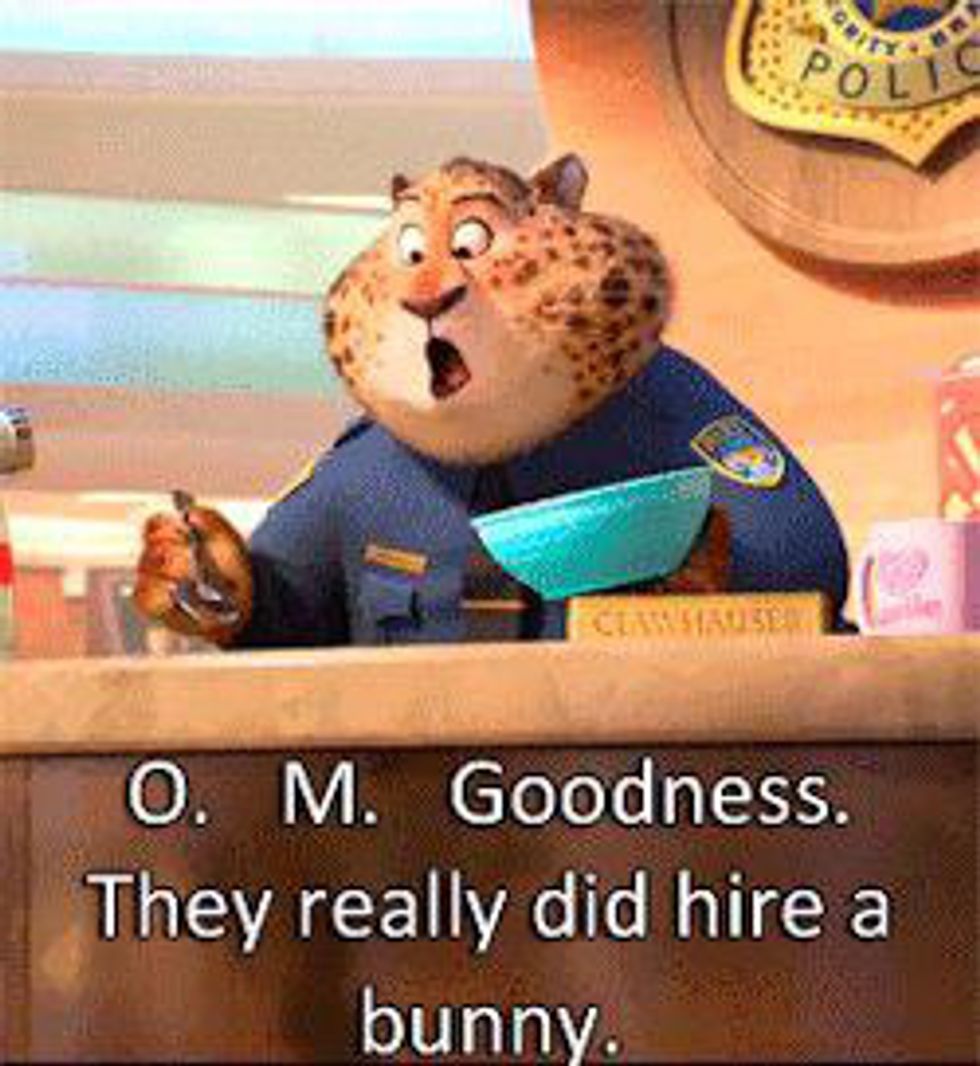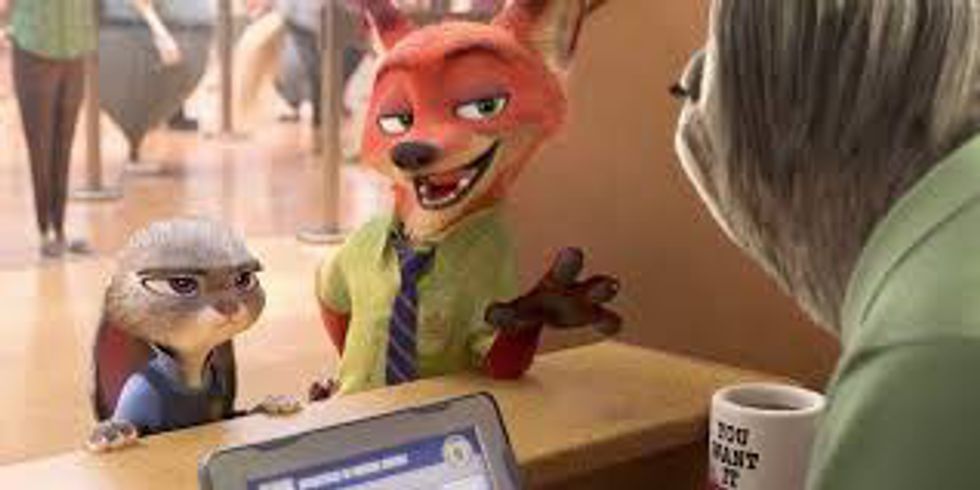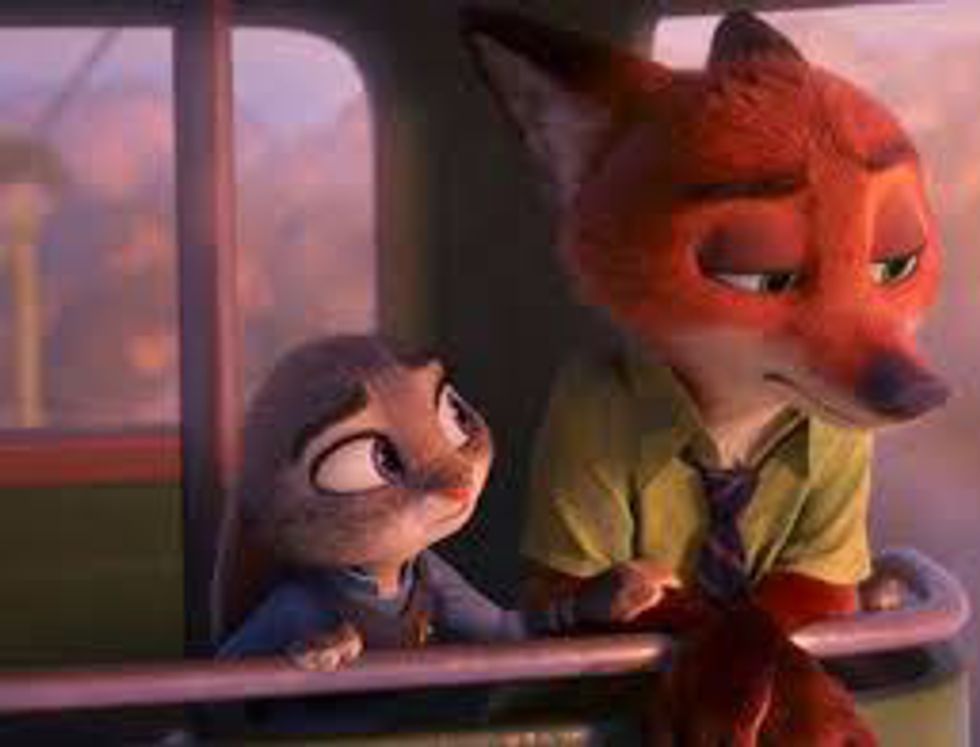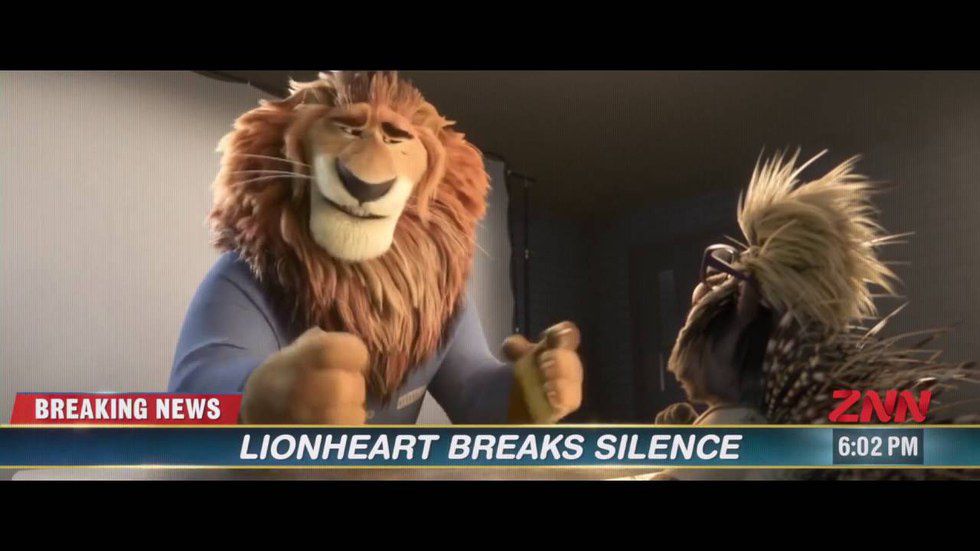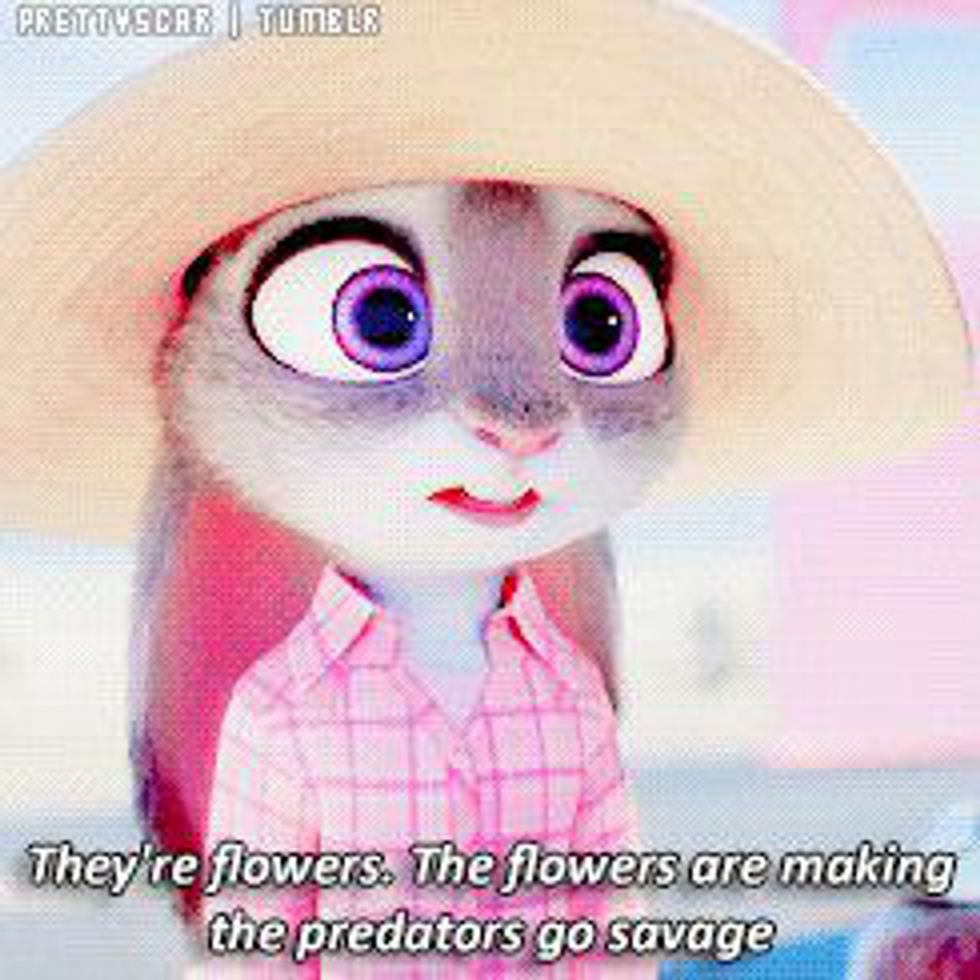“Never let them see that they got to you.” - Officer Judy Hopps
Okay, so I’m officially obsessed with Zootopia. This movie is way better than it sounds, and I personally wasn’t interested when I first heard the synopsis. Country bunny has dreams of going to the big city to be the first bunny cop? Yeah, exactly my point. But then, I got fifteen minutes into the film and realized that Judy is my hero. Where was she when I was a kid?
I am very impressed with Disney. Tackling such a sensitive subject in a way that exposes children to the stereotyping behaviors and patterns in our society, while guiding them on how to combat them with ambition and grit is NOT easy. How they managed to not offend anyone is a miracle. And they took on some very obvious stereotypes. So kudos to Disney and directors Byron Howard and Rich Moore for slaying when it came to tackling stereotypes in Zootopia.
Here are 6 times Zootopia took on stereotypes and slayed:
1. Judy is a bunny, and we all know bunnies are meant to be carrot farmers. Not cops.
Judy is expected to stay in the neat, little box that her parents (and society) want her to stay in. Her parents try to convince her not to become a cop by telling her that they got to be so happy because they gave up on their dreams. They settled for complacency and they couldn’t be happier. Disney is making fun of people who try to persuade us to not to dream so big by being “realistic” and that is exactly what Judy’s parents are doing. They’re coming from a good place, of course. But being a big city cop is dangerous, let alone being the first bunny cop in Zootopia. Judy’s parents, Gideon Gray, Officer Clawhauser, Chief Bogo, and even Nick don’t believe Judy can be a “real cop.” She has to prove herself time and time again because she is a minority.
2. People at the DMV are SLOW
I thought the DMV run by sloths was absolutely hilarious. Anyone who’s ever been to the DMV knows that this is not just a joke, but a fact. It might as well be run by sloths named “Flash, Flash, hundred yard dash!”
3. Nick is a “sly fox” and Judy is a “dumb bunny”
The best part of this film for teaching kids (and apparently certain adults) about stereotypes and expectations is when both Judy and Nick are bullied as kids, but for different reasons. Nick is bullied by young prey scouts because he is a predator and the boys believe he can’t be trusted. He is muzzled and humiliated into believing he can’t be anything other than the expectations others have of him. Judy receives the same message from Gideon Gray, but he bullies her because she stands up to him. She doesn’t back down, and while refusing to be intimidated by bullies is great, it can have consequences that make you give up, or feed your determination. Thankfully the filmmakers portrayed Judy as a strong, independent woman (that’s right, I’m using this phrase to describe a bunny) that has grit and “doesn’t know when to quit.”
4. Mayor Lionheart is a typical politician
This was not only good satire about politicians, but hopefully Mayor Lionheart’s character shows kids (and adults) that people in power do try to get away with bad things even if it is a “classic doing the wrong thing for the right reason.” Lionheart is only concerned about his own interests (staying mayor), so he lies to citizens of Zootopia about the predator going “savage” issue.
5. Predators going “savage” is “biological”
Many times throughout history, people in power have used “biology” as a justification for keeping marginalized groups marginalized. Zootopia deals with the issue of police and minorities. In this case, predators are the minority group as they make up only 10% of Zootopia. Once the news breaks that predators have gone “savage” the media goes into a frenzy over Judy’s comments about biology being a possible factor. Nick is (justifiably) outraged and hurt by this lapse in judgement by Judy to put out such a statement that will affect so many innocent predators (and their friendship). Nick is a predator and feels stereotyped by other citizens because he’s a fox. Now he, like many predators, is worried about being harassed because of his “biology.”
6. “Cute” is not a compliment for bunnies
Judy constantly gets called “cute” by other animals in Zootopia. This is patronizing and I like that Judy consistently rejects the label. She kindly reminds Clawhauser of the social norm that bunnies calling each other cute is alright, but it is offensive when others do it. This is a parallel to certain language norms in our culture and society. Judy always stays respectful and acts with integrity when clarifying that she doesn’t want to be evaluated because of they was she looks. All of us will be judged and evaluated based on how we look. And as the saying goes, looks can be deceiving.
These are just some of the many stereotypes that Zootopia tackles. This film was surprisingly well written and well made. It is an original and we need more stories and role models like Judy, and even Nick, for the next generation to look up to. I know that everyone is writing about the women’s march and I chose to write about a Disney movie, but if you’ve seen Zootopia, you (hopefully) realize how relevant it is today. We need film and media that creates and showcases female examples of strength, grit, ambition, courage and kindness in the face of adversity.




